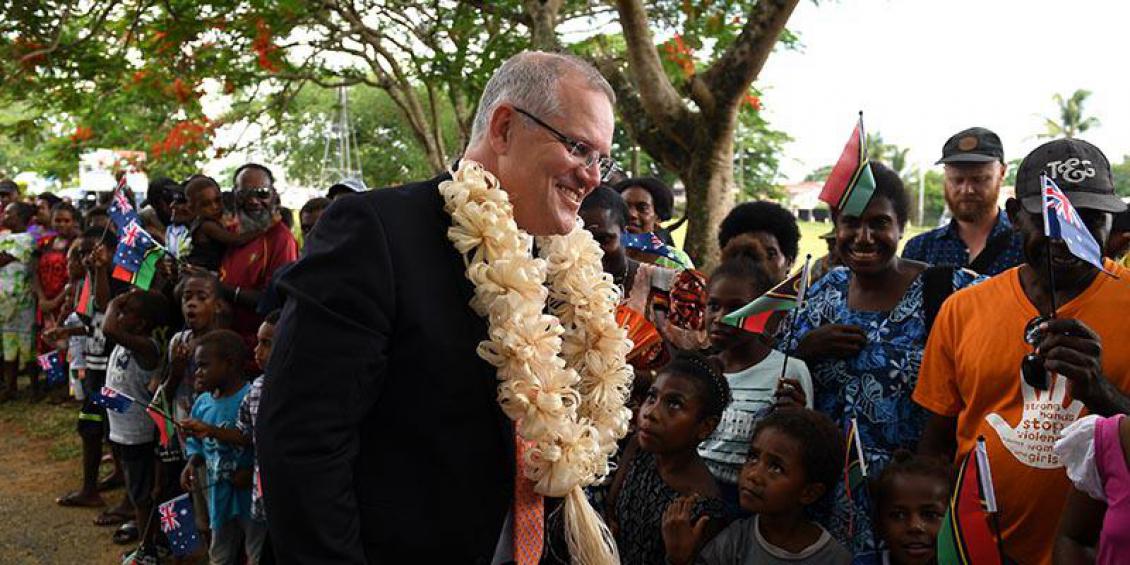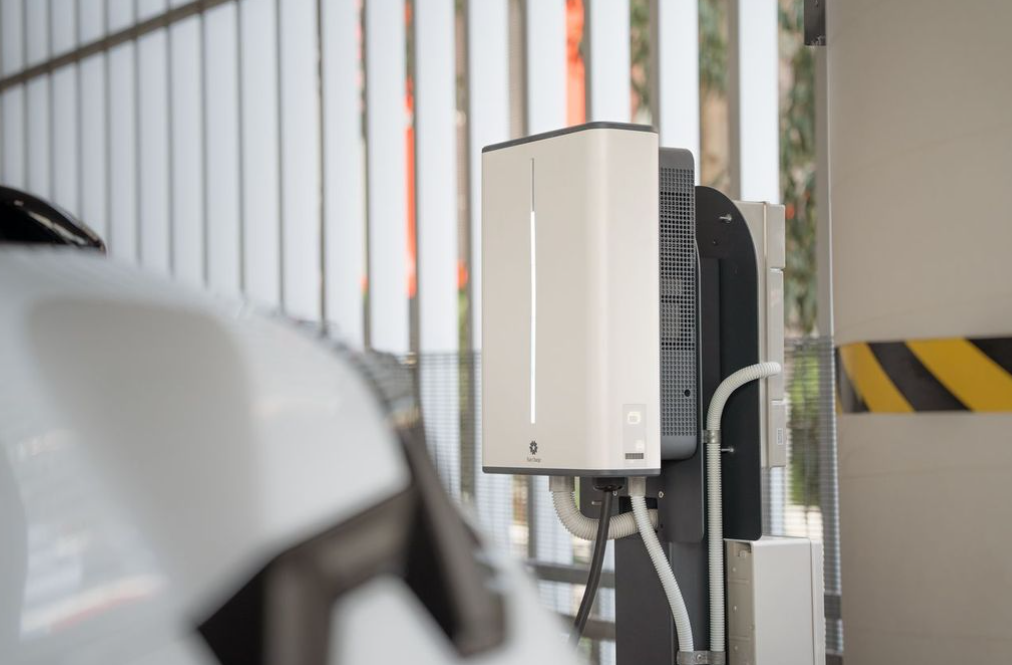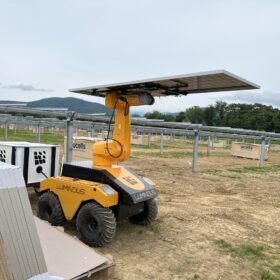The federal government’s reticence to take meaningful action on climate change and emissions reduction has come under fire from leaders of neighbouring Pacific nations in the lead up to this week’s Pacific Islands Forum. Fiji’s Prime Minister Frank Bainimarama appealed to Australia “to do everything possible to achieve a rapid transition from coal to energy sources that do not contribute to climate change.”
The funding package to be unveiled by Morrison at the forum redirects existing foreign aid funding to aid Pacific nations to invest in renewable energy and climatic event resilience. This package builds on the $300 million designed for that purpose already between the years 2016-2020.
The government has also promised $140 million from the aid budget for the Australian Private Sector Mobilisation Climate Fund in an effort to stimulate private sector investment into low-emissions technology for the Pacific and Southeast Asia.
“The Pacific is our home, which we share as a family of nations,” the Prime Minister said, “we’re here to work with our Pacific partners to confront the potential challenges they face in the years ahead.”
Doing very little on climate change at home while providing aid to smaller nations in region may seem to be somewhat unusual. But there’s a geopolitical element to the aid package.
With limited action in recent years by the Australian government, Pacific nations like Fiji have sought help elsewhere, particularly from China and Russia. Beijing is itself mobilising large sums of aid to the region as the burgeoning superpower looks to expand its military presence in the region.
Of course, whether Morrison’s government is redirecting aid out of compassion for Australia’s neighbours on the blue continent, or in an effort to reassert its geopolitical presence in the backyard it has been tacitly ignoring, is of little interest to island nations like Tuvalu and Kiribati – which face an imminent existential crises posed by climate change.
It is likely the aid package will do little satisfy Pacific leaders of Australia’s commitment to their future and it is doubtful leaders like Bainimarama will be satisfied with anything other than the Australian government changing its behaviour from that which has brought on the problem in the first place. “Put simply,” said Bainimarama, “the case for coal as an energy source cannot continue to be made if every nation is to meet the net zero emission target by 2050.”
When Morrison arrives in Tuvalu on Wednesday for PIF he will be confronted by local children sitting in a moat of water, symbolising the existential threat being faced by Australia’s neighbours with sea-level rise as a result of climate change. The first submergence of an inhabited island as a result of sea level rise occurred in late 2006 and more inhabited islands continue to be claimed by sea-level rise in low lying states.
This content is protected by copyright and may not be reused. If you want to cooperate with us and would like to reuse some of our content, please contact: editors@pv-magazine.com.









Perhaps ScoalMo prayed prayed mightily at Hillsong and his god came up with this piece of deceit.
“Of course, whether Morrison’s government is redirecting aid out of compassion for Australia’s neighbours on the blue continent, or in an effort to reassert its geopolitical presence in the backyard it has been tacitly ignoring, is of little interest to island nations like Tuvalu and Kiribati – which face an imminent existential crises posed by climate change.”
Now hang on there, toot! $500 million in ‘aid’, would not the local economy be better served by that $500 million? More solar PV on roofs, energy storage and smart grid technology to generate, store, shift, deliver energy when and where needed in Australia. I can understand solar PV on your roof and energy storage system, but what is the advantage to geopolitical ratio per dollar sent? Taking care of “home” isn’t priority anymore? Wait, What?